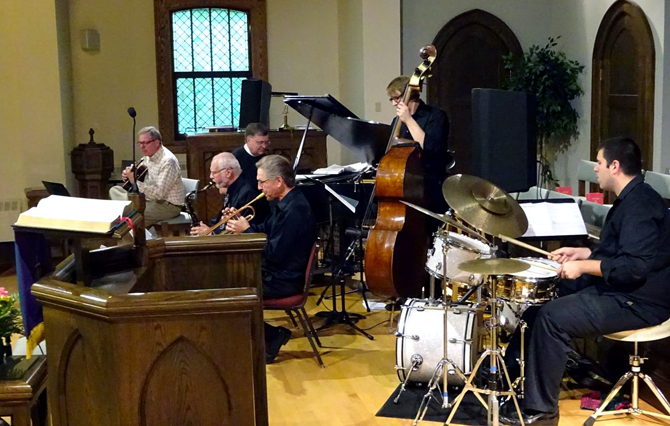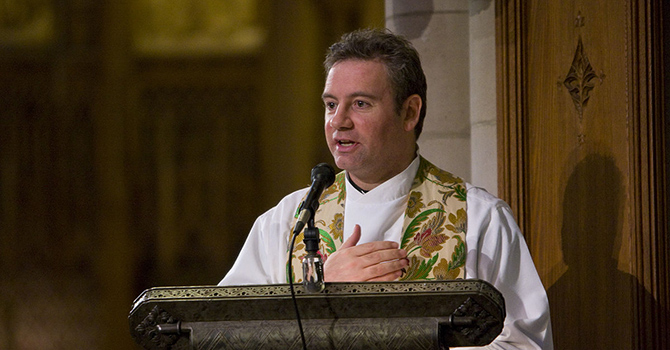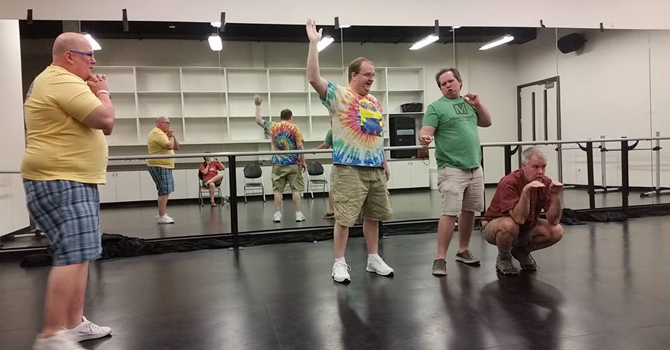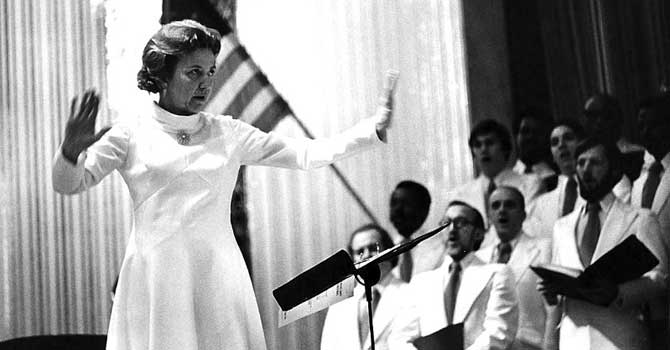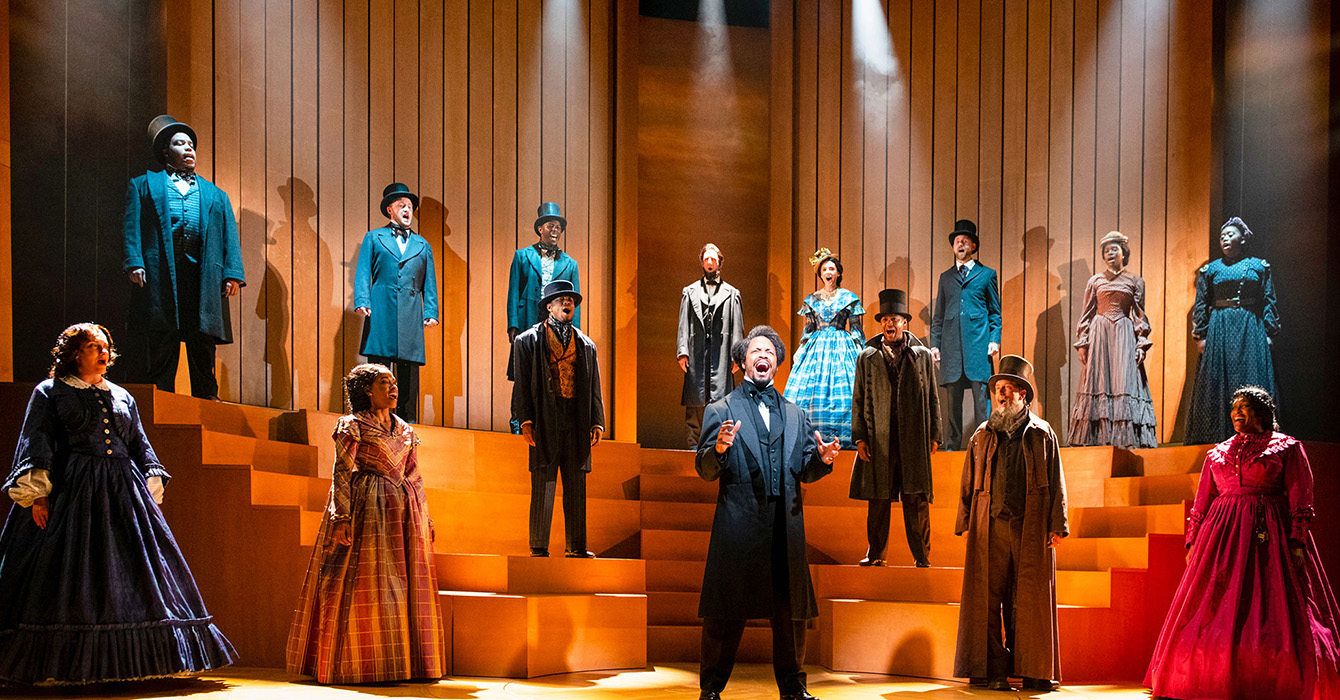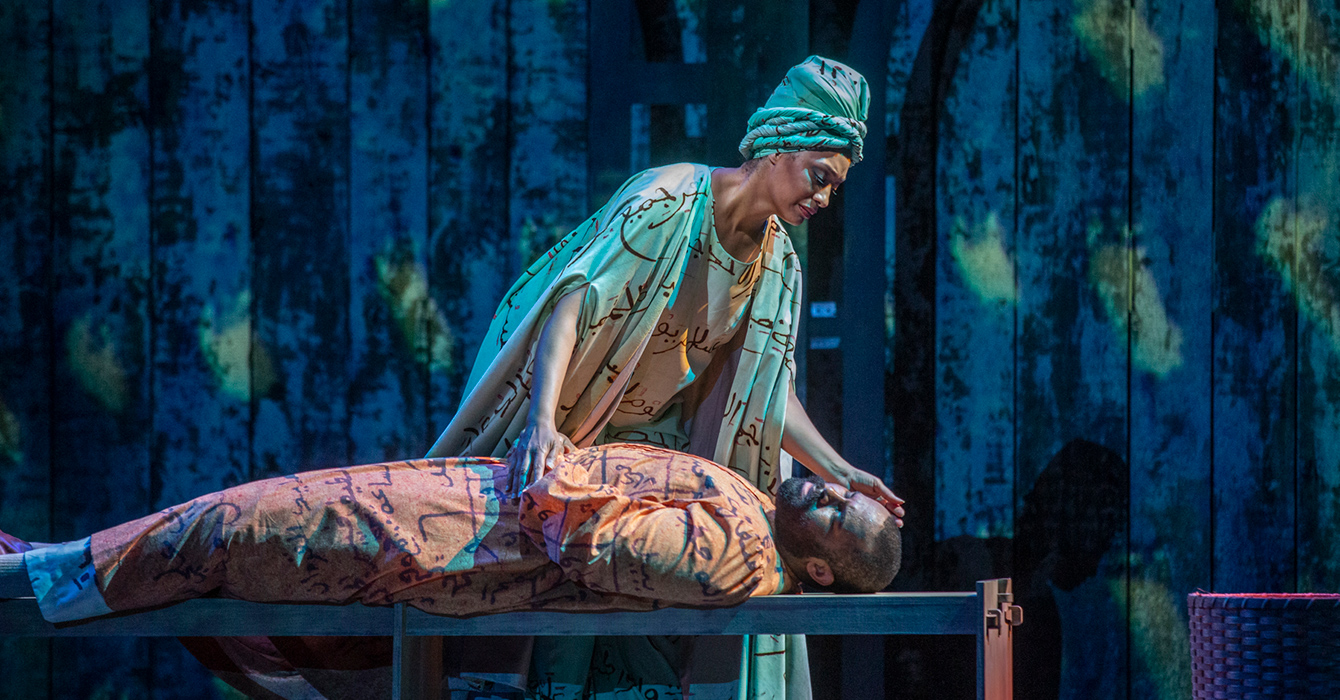“Dad, I’m going to need you to listen to this sax solo,” my son said. I was opening the front door, about to take a walk.
“Right now?”
“Yes,” he said with a smile.
“Is it long?”
“Yes.” Another smile.
I knew enough to pause and listen. My son Silas is a jazz saxophone major in college and was home for the summer. He’d already told me that he’d heard the best live jazz performance he’d ever experienced at a club the night before and now wanted me to hear a recording he’d made on his phone.
So I sat down and listened. I heard a saxophone solo begin slowly, deliberately. In a few minutes we were transported to an alternate reality. It was dazzlingly unpredictable and expressive. He was right. It was worth postponing my walk.
If I hadn’t known better, that solo would have confirmed my old impression of jazz improvisation: that they’re just making it up as they go along. And in a way, they are.
Improvisation is a characteristic of jazz that has become a common metaphor for leaders. Institutions are unpredictable, it’s said, and leaders often have to deal with scenarios they’ve never encountered before. They need to improvise, engaging with a new moment in spontaneous ways to make something unique and meaningful out of it.
I’ve certainly counseled staff members along these lines over the years. The slides fail during the contemporary worship service. Another staff member resigns suddenly. An accusatory email gets sent to an entire committee right before the meeting starts. When we are taken by surprise, what do we do?
Relax, I’d say. Breathe ... and improvise.
But now I know there’s more to it.
Having a jazz saxophonist in the family means, yes, we hear a lot of improvisation. But more than that, we hear imitation.
For years, my son has been listening to and learning by heart exemplary sax solos, trying to play them exactly as he hears them, to get the timbre and articulation, the syncopation and vibrato just right. When he does it well, I can’t tell whether it’s him or Charlie Parker jamming in the basement.
Silas has taught me that imitation lays the solid foundation of improvisation by creating a reservoir of potential responses for the musician — and leader — to draw upon, often subconsciously, in each new situation.
Isn’t this what Paul was teaching the Corinthians when he urged them to “be imitators of me, as I am of Christ” (1 Corinthians 11:1)? He wasn’t advocating that they all become knockoffs of himself. He was suggesting that they observe his way of life, which he learned from Christ, so carefully that it would become a resource as they improvise faithfulness in their own lives and community.
I’ve seen the kind of leadership in others that has caused me to take notice. I’ve watched a leader enter a tense situation with calm and felt the anxiety in the room lower. I’ve heard well-chosen words spoken at the right moment. I’ve seen a leader articulate a vision that’s devoid of ego but instead is about the mission of the institution. I’m sure you have too.
If we are wise, we will learn these tunes we’ve heard played well and practice them through the instrument of our own lives. Wise leaders will imitate.
Many years ago, Bishop Al Gwinn, then the bishop of the North Carolina Annual Conference of the United Methodist Church, invited Benjamin Zander to speak at the annual conference on the themes of his book, “The Art of Possibility,” co-authored with Rosamund Stone Zander, his wife at the time.
Zander, founder and conductor of the Boston Philharmonic, mesmerized the audience. At one point he invited a local university student to the stage for a cello masterclass and then drew leadership lessons from the experience. The 1,500 people in attendance sat in rapt attention.
Until he said the f-word.
Instantly, all the energy left the room. A convention hall full of United Methodists, the majority of them over 60, was not the place for TV-MA content.
The next day, the conference went on with its business. Before we adjourned for lunch, Gwinn paused to say something. He held a notecard in front of him. Though he didn’t read from it, it was clear he’d chosen his words carefully.
“I’m sorry,” he said, “for what you heard last night.”
He affirmed the value of the program but said this was not the place for offensive language, and he apologized. He told us he’d already written a note to Zander to express his disappointment.
That moment made an impression on me. I see now that in the 20 years since then I’ve done what good jazz musicians do: I’ve imitated, playing Gwinn’s tune. The contexts are always different, and in most ways I’m nothing like him. But when a tension-causing issue needs to be addressed, I remember how he did it that morning with his simple apology.
I take the lick I heard him play, and I make it my own.
Sometime this school year, I’ll drive to my son’s university to hear a jazz band concert. At some point in the show, he’ll stand, and the band leader will adjust the microphone toward the bell of his instrument, and he’ll improvise. The sax players to his right and left will snap along, or close their eyes and nod their heads, or watch in appreciation.
He’ll play something he’s never played before, something no one has ever heard before.
I’ll listen to this sax solo, remembering the hours he’s spent in the practice room, imitating. Playing another musician’s solo over and over again. Getting it just right, his fingers flying to replicate the notes and phrases and licks that will form the basis for his improvisation in the future.
At that moment it will look like he’s just making it up as he goes along. But I’ll know imitation is what made that fresh moment possible.



